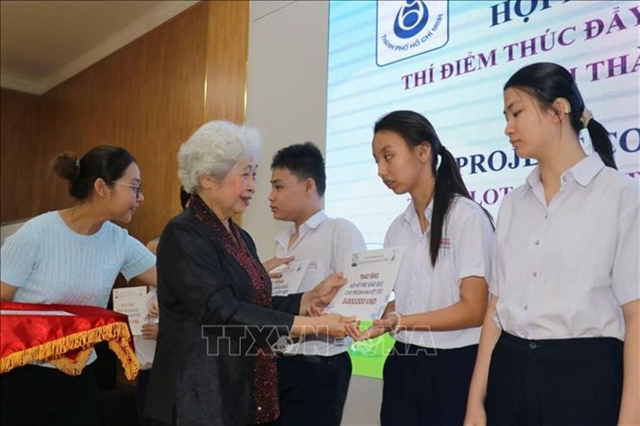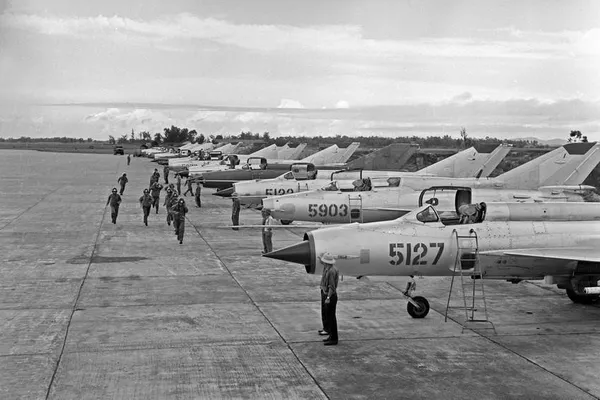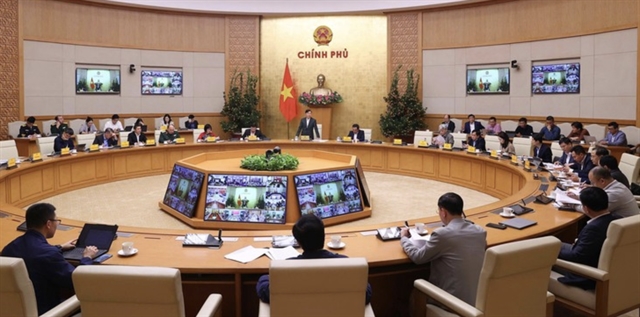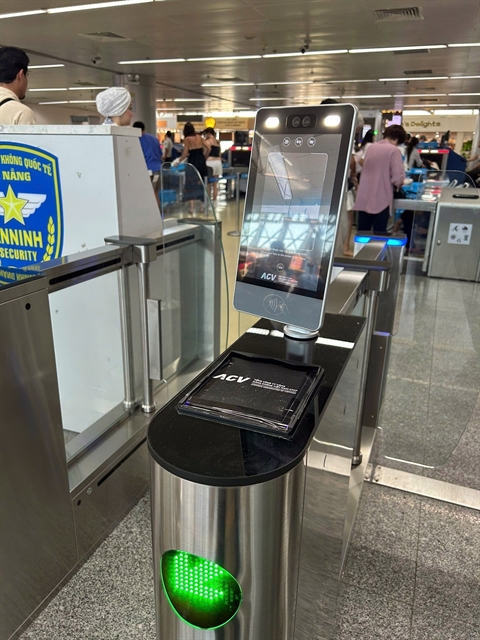 Economy
Economy
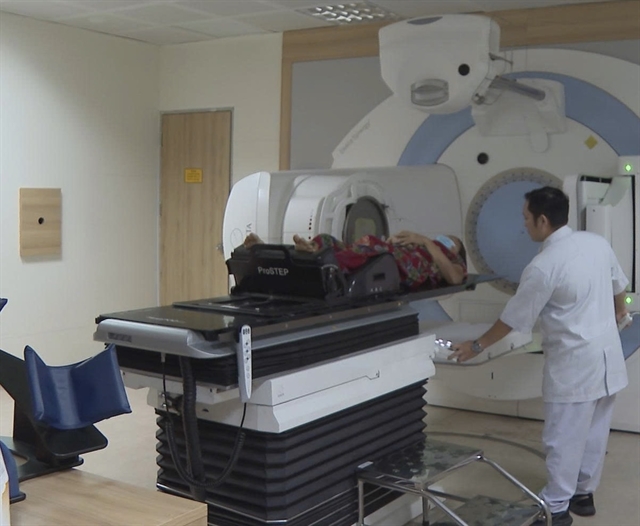
The customs sector can’t reform or develop effectively without comprehensive measures and co-operation from business and other sectors, a meeting heard yesterday.
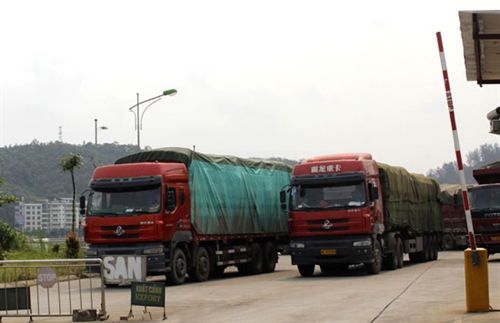 |
| Trucks wait for customs procedures in Lao Cai Province. The customs sector can’t reform or develop effectively without comprehensive measures and co-operation from business and other sectors. — Photo baolaocai.vn |
HÀ NỘI — The customs sector can’t reform or develop effectively without comprehensive measures and co-operation from business and other sectors, a meeting heard yesterday.
The meeting between Việt Nam Customs and businesses was held yesterday, offering business opportunities to voice their concerns and recommendations for the customs reform, development and modernisation plan from 2016-2020.
Earlier, Việt Nam Customs surveyed 500 key businesses across the country about the plan which the Finance Ministry approved in July this year.
Vice head of the Customs Modernisation Committee under Việt Nam Customs, Kim Long Biên, said that most enterprises reacted positively to the plan.
They called on customs and agencies involved in quarantine, product quality control and food safety control to improve their performance, Biên said.
They also asked for the use of the National Single Window mechanism to be sped up to support logistics and banking companies, he said.
At the meeting yesterday, Nguyễn Tương, vice general secretariat of the Việt Nam Logistics Association said 28 per cent of import/export procedures that logistics firms deal with relate to customs while the remainder relate to other sectors.
“The customs sector and other sectors need to reform to reduce business’ difficulties in terms of administration,” he said.
Deputy Director of Việt Nam Customs’ Customs Control and Supervision Department, Âu Anh Tuấn, said that eight ministries were involved in checking cross-border goods.
“Việt Nam Customs is working with ministries to reduce the number of goods required to be checked, reduce procedures and is applying risk management so that not all goods are checked and we recognise checks conducted by other agencies,” he said.
Tuấn said Việt Nam Customs and the ministries were considering exchanging information on e-licensing.
Vice president of Việt Nam Petroleum Association Trịnh Quang Khanh said that petroleum companies found it difficult to follow a new requirement by the Finance Ministry forcing them to submit a certificate of origin (C/O) as soon as they began customs declaration.
Petroleum companies usually received C/O five days or up to 11 days after signing a petroleum purchasing contract, he said, calling the ministry to adjust the requirement to match with reality and international practices.
An official from Việt Nam Customs said that they would review legal documents and trade pacts related to this case.
For example, the trade agreement between Việt Nam and South Korea stated that C/O could be submitted within one year after being imported. However, few countries in ASEAN require C/O to be submitted at the time of import.
Late last week, Việt Nam Customs also held talks with South Korean companies operating in Việt Nam.
Republic of Korea Ambassador Lee Hyuk said that as the biggest foreign investor in Việt Nam, Korea expected to see bilateral trade between the two country increase to US$70 billion by 2020.
By June this year, Korean investors had invested US$48.5 billion in Việt Nam.
The Ambassador said that Korean companies worried most about the business climate, tax and customs policies before investing overseas.
Deputy Minister of Finance Đỗ Hoàng Anh Tuấn said that companies could raise their concerns with Việt Nam Chamber of Commerce and Industry or Việt Nam-Korea business Association so that relevant agencies could respond in a timely fashion. — VNS

